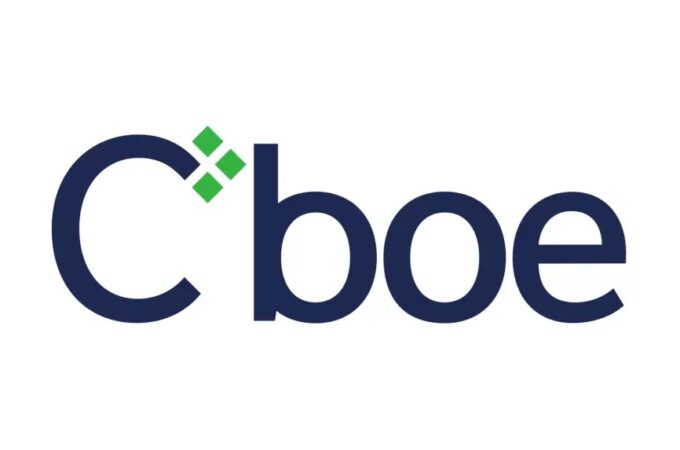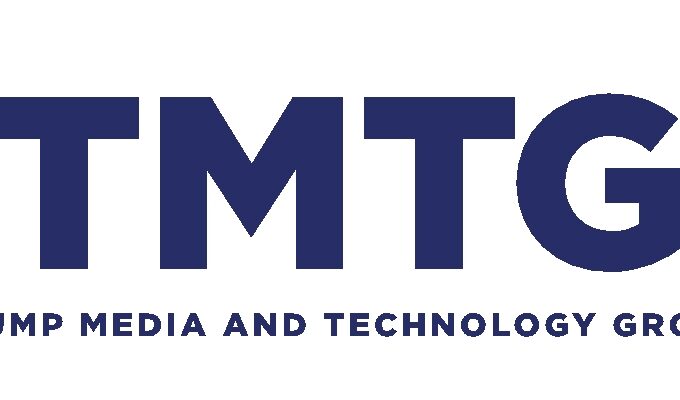
FTX Reaches $200 Million Settlement with IRS in Bankruptcy Proceedings
The beleaguered cryptocurrency exchange FTX has reached a crucial settlement with its largest creditor, the United States Internal Revenue Service (IRS), as it navigates its bankruptcy process. This agreement, which hinges on court approval, aims to resolve a substantial $24 billion tax dispute, significantly reducing FTX’s tax liabilities and providing a clearer path forward for the exchange’s restructuring efforts.
FTX, once a leading cryptocurrency exchange, filed for Chapter 11 bankruptcy in November 2022 following a liquidity crisis exacerbated by a surge in customer withdrawals and revelations of financial mismanagement. At its peak, FTX was the third-largest crypto exchange globally, but its collapse unveiled a significant financial void, leading to its downfall and subsequent legal entanglements.
Initially, the IRS filed claims against FTX exceeding $44 billion, which were later reduced to $24 billion. Under the terms of the proposed settlement, FTX will pay $200 million as a priority tax claim within 60 days of the court’s approval of its reorganization plan. Additionally, the IRS will receive $685 million as a junior subordinated claim, to be paid after other creditors and customers have been compensated. This settlement, outlined in a June 3 court filing, is poised to mitigate extensive litigation costs and expedite the bankruptcy process.
John J. Ray III, the CEO overseeing FTX’s restructuring, emphasized the importance of the settlement in a court filing, stating that it represents a significant step towards resolving the bankruptcy efficiently. Ray noted that this agreement has created substantial value from a situation that could have resulted in near-total losses for customers.
FTX’s tax dispute with the IRS includes several contentious issues. The exchange does not deny owing taxes but disputes the amount and the basis for certain tax liabilities. FTX argues that it should not be taxed on funds misappropriated by its former CEO, Sam Bankman-Fried. Additionally, the exchange contests the IRS’s calculations for employment taxes related to salaries paid to Bankman-Fried and other executives.
FTX also claims it has valid deductions and losses that the IRS is disallowing due to inadequate documentation. The IRS, however, disagrees with these arguments and was prepared to pursue significant tax liabilities in court if a settlement was not reached. The settlement aims to resolve these disputes and reduce the risk of prolonged litigation.
The settlement provides much-needed certainty for FTX’s creditors and customers regarding the recovery process. By resolving the tax dispute, FTX can now focus on implementing its reorganization plan and distributing assets to stakeholders. This plan, proposed on May 8, aims to repay all claims fully, with additional compensation for creditors holding claims below $50,000, potentially allowing for a 118% recovery.
FTX anticipates that over 90% of assets could be returned by mid-2024, offering a hopeful outlook for the numerous stakeholders affected by the exchange’s collapse. This agreement not only mitigates extensive litigation costs but also provides a clear path forward for FTX’s numerous creditors.





